Have you ever looked at a blank screen, and you want to write something but you do not know where to begin? Perhaps you had to write an urgent email, a college essay or even update your social media status. The ideas were in your head, and you simply could not get them onto the paper. In the event that this is not new to you, you are not the only one. A lot of individuals believe that writing is a gift that is possessed only by a small number of individuals. But that’s not true.
Writing is a skill. It is just like learning to cook or ride a bicycle, you will learn how to do it better with practice. And today, the world is rewarding those who practice it. The global content writing services market is projected to almost double by 2033, while academic and medical writing industries are growing into multibillion-dollar markets. In the U.S. alone, there are more than 135,000 professional writers and authors, with employment expected to keep growing steadily. Freelancing platforms and remote work have also opened global opportunities—whether it’s blogging, copywriting, technical writing, or creative work, writers now earn anywhere between side-income to six-figure careers.
The demand for clear, compelling writing also extends beyond traditional publishing. Businesses need copy for websites, brands invest in storytelling, startups look for persuasive pitch decks, and individuals turn to ghostwriters for everything from books to LinkedIn posts. This explains why the writing skills training market itself is expected to almost double by 2033, showing that more people are investing in becoming better writers.
It is irrelevant whether you want to be a renowned author, build a freelancing career, or simply need to write more readable emails. Anyone is welcome to the road of How to Become a Better Writer. This is the guide that is there to assist you in that journey. We will divide the process into easy steps that can be followed.
Why Writing Skills Matter
Nowadays we write everywhere even without considering ourselves writers. Good writing is not an art of novelists and journalists only, but a necessity of everyone.
“You really have to create legitimately great content and a legitimately great website to rank in Google.”
— Brian Dean, Founder of Backlinko
Clearness makes you communicate better:
When you can express yourself clearly, then people understand you easily. This will avoid confusion and waste of time. Suppose you are writing an email to your boss. With a clear and straight email, your boss will understand just what you require and will be able to respond promptly. In case it is perplexing and written improperly, it can result in misunderstandings and delays.
Good writing will also make you appear more professional and credible:
When you hand in a report or resume without any errors, people will take you seriously. It demonstrates that you are cautious, meticulous, and smart. Conversely, a paper that contains so many spelling and grammatical mistakes may make you appear careless. Similarly, when sharing your work on Blog Submission Sites, ensuring it is error-free helps maintain your credibility and professionalism.
Good writing can assist in personal life as well as in work:
A carefully written birthday card can make a loved one really special. An effective and convincing post on a community board can lead people to a common cause. Writing enables you to communicate to the world your stories, ideas and feelings. It is a strong connectivity device.
Simply put, writing better is an investment in you:
It can help you to get new opportunities, better your relationships, and feel more confident. It is an ability that will assist you in virtually all aspects of your life.
Supports SEO
Properly structured, readable content with natural keywords helps search engines rank your pages higher.
Understanding Your Writing Goals
It is good to know the reason why you are writing before you begin writing. Everything depends on your purpose, which is your tone, the choice of words, and style. Consider it as dressing up. You would not put on a swimsuit to a business meeting and you would not put on a formal suit to the beach. Similarly, your writing style must be appropriate to your intention.
Professional Writing vs. Personal Writing.
To begin with, we shall examine the two broad categories of writing: personal and professional.
- Personal writing: It is to yourself or to a person whom you know very well such as friends and relatives. This involves activities such as writing in a diary, texting a friend or writing a personal story. You are more relaxed in personal writing. You may use slang, in-house jokes and write in a very conversational manner. The primary objective is to speak out.
- Professional writing: It is work, school or any other formal occasion. This can be emails to your coworkers, reports to your boss, academic papers or articles to a web site. You must be concise, respectful and clear in professional writing. You should be more formal and you should not make grammar and spelling errors. The primary objective is to deliver the information in an effective and professional manner.
Blog Posts, Reports, Emails, or Creative Writing
In these large categories, there are numerous types of writing. Every one of them has rules and expectations.
- Blog Posts: These are normally written in an approachable and interesting manner. This is aimed at reaching readers, informing them or entertaining them. Blog posts are usually formatted in headings, short paragraphs and pictures to enhance easy reading on the internet.
- Reports: Reports are official records which provide facts and information. They must be organized, precise and objective. The language is typically highly straightforward and business-like. You employ facts and arguments to prove your arguments.
- Emails: The format of an email will rely on the receiver. A formal email will be sent to a client as compared to an email to a team mate. Nonetheless, every good professional email is straightforward, direct, and has a purpose.
- Creative Writing: This is where you do story telling. It consists of fiction, poetry, and screenplays. In creative writing you are free to be creative and emotive. The aim is to build a world in the reader and make them experience something.
The first step to be a better writer is to understand what you are going to write. The right style and tone are the elements that you can select when you understand the purpose and your audience to make your writing successful.
Step-by-Step Guide: How to Become a Better Writer
Well, now we will move on to the practice. It is not easy to become a good writer. These steps will help you to establish a solid base and realize actual progress in your writing.
Step 1: Know Your Writing Objectives.
We mentioned this above, but it is so significant that we are making it our formal first step. You should think before you write even a single word. There are two questions that you should ask yourself:
1. What is my purpose?
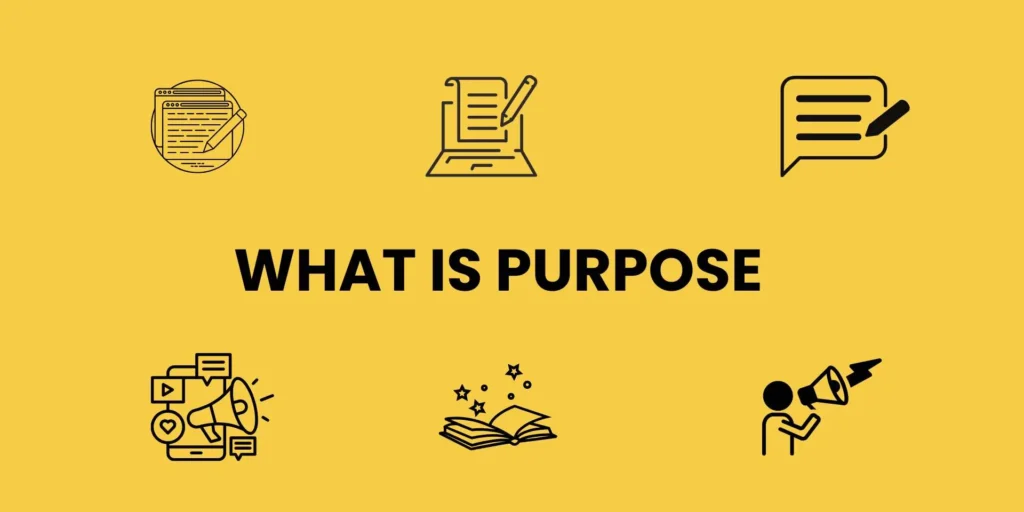
What is the purpose of your writing this piece? What do you want to achieve? The purpose will be your guide in the whole process of writing.
- To inform: To tell something, to explain something. You must write in a clear, factual and easy to understand way. Examples: a news story, a how-to manual, or a textbook.
- To persuade: You would like to convince the reader and make him or her agree with your opinion or do something. Your writing must be coherent, and with good arguments and evidence. Examples: opinion piece, sales proposal or an advertisement.
- To amuse: You would like to provide the reader with an entertaining experience. Your writing is either funny, exciting or emotional. Examples: a short story, a novel or a humorous blog post.
- To say: You are telling your own thoughts and feelings. This is typical of diaries, personal essays and poetry.
2. Who is my audience?
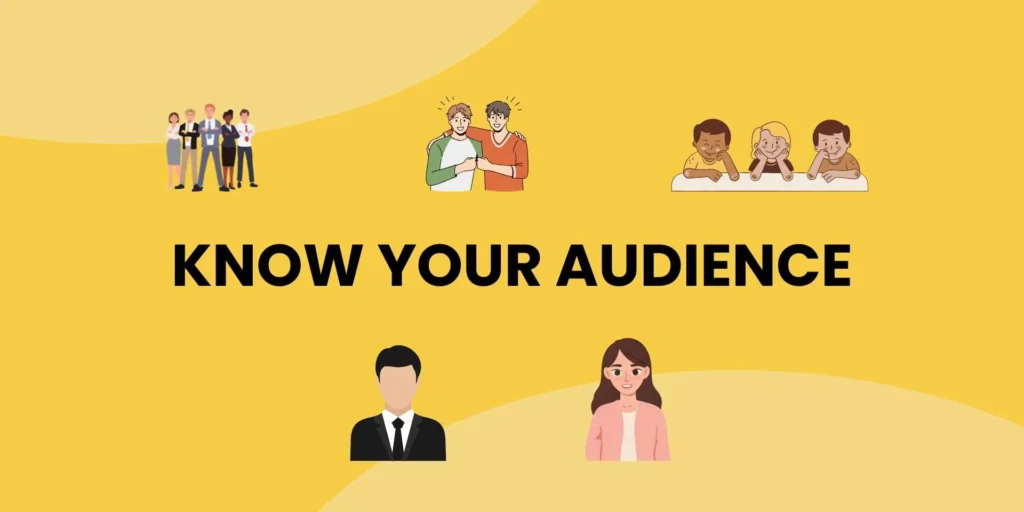
Who will be reading your work? Being able to know your audience will assist you in the selection of words, tone and degree of detail.
- Workmates or customers: When you are writing in the workplace, chances are that your audience is professional. You need to be formal, not use jargon that they may not comprehend, and to the point.
- General readers: When you are composing a blog post to the general audience, you have a wide audience. You must write in a very simple and catching manner that can be comprehended by anyone.
- Expert: In case you are writing to a person who is knowledgeable about the subject, then you can use technical jargon and be more detailed.
- A friend: When you are writing to a friend, you may be casual and informal.
Consider the case of a new software, say you are writing about it. When you are writing to a technical expert, then you can use technical language. When you are addressing a new user, you must make everything simple and step-by-step.
Step 2: Master the Basics (Steps to Follow While Writing a Blog Post OR Anything)— from here
Now you have your purpose in mind, now it is time to turn to the blocks of good writing. These basics are applicable in writing a blog post, a report and even an email. We should consider some of the major areas particularly when writing online material such as blog posts.
Pay attention to Grammar, Punctuation, and Sentence Structure
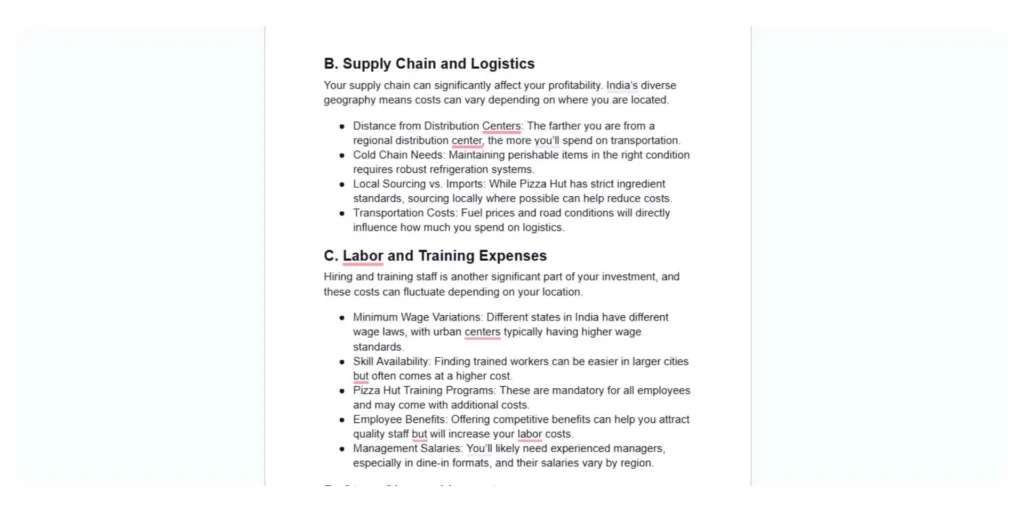
Consider grammar as a road to writing. Understanding how to become a better writer means recognizing that grammar assists all people in moving without any confusion. You do not have to be a grammar genius, but it is important to have the fundamentals right. Watch out for proper spelling, subject-verb agreement, and the use of tenses. The traffic lights are the punctuation marks such as periods, commas, and question marks. They inform the reader of when to break, halt, or turn. A comma can alter the meaning of a sentence when it is misplaced. Make your sentences short and concise.
You can use writing tools like Grammarly or SEMrush Writing Assistant for this.
Use Active Voice
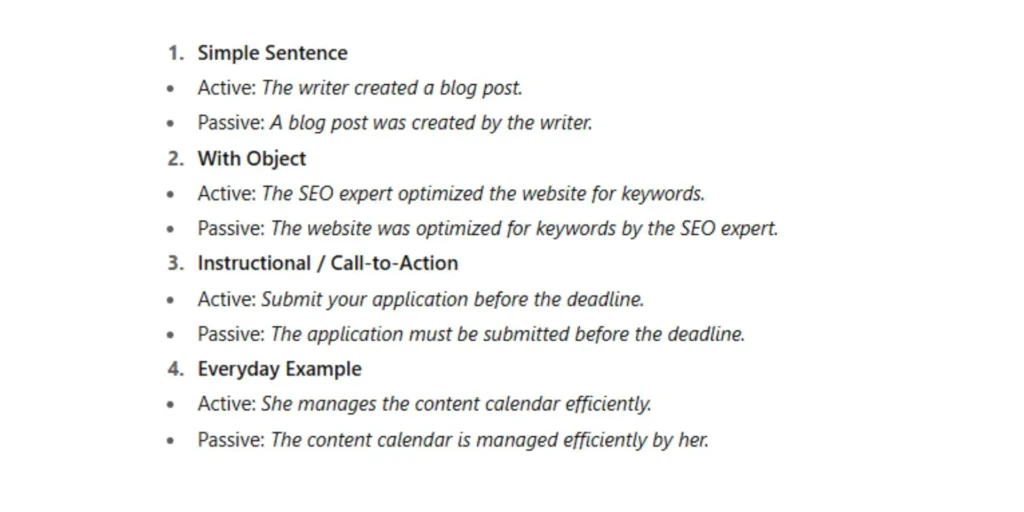
Active Voice Active Voice is more direct, energetic and clear in writing. In an active sentence the subject does the act.
- Active: The new campaign was initiated by the marketing team.
- Passive: The marketing team initiated the new campaign. See the difference? The active voice sentence is more brief and effective. Passive voice is not always bad, however, in a majority of instances active voice is more appropriate. It emphasizes the actor.
Optimize Your Title Tag
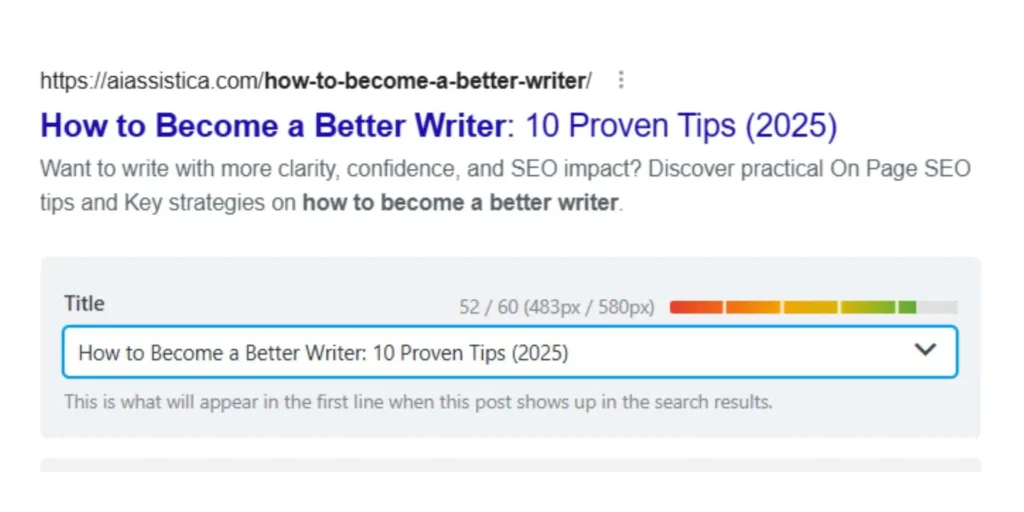
When you are writing on the web, the title is the first thing that is read by the people in a Google search. In search engine optimization (SEO) lingo, it is referred to as a title tag. Your heading must be attractive and educational. It must catch the attention of the reader and inform him or her on what the article is about. The title is usually good and contains the key or central topic.
Suppose you’ve written an article about healthy breakfast ideas.
Bad Title Tag (not optimized):
- “Food Tips”
- → Too vague, doesn’t explain what the article is about.
Good Title Tag (optimized):
- “10 Healthy Breakfast Ideas to Boost Your Energy Every Morning”
- → Attractive, clear, and keyword-rich (“healthy breakfast ideas”). It informs the reader what to expect and encourages them to click.
Compose a Meta Description that is SEO-Friendly
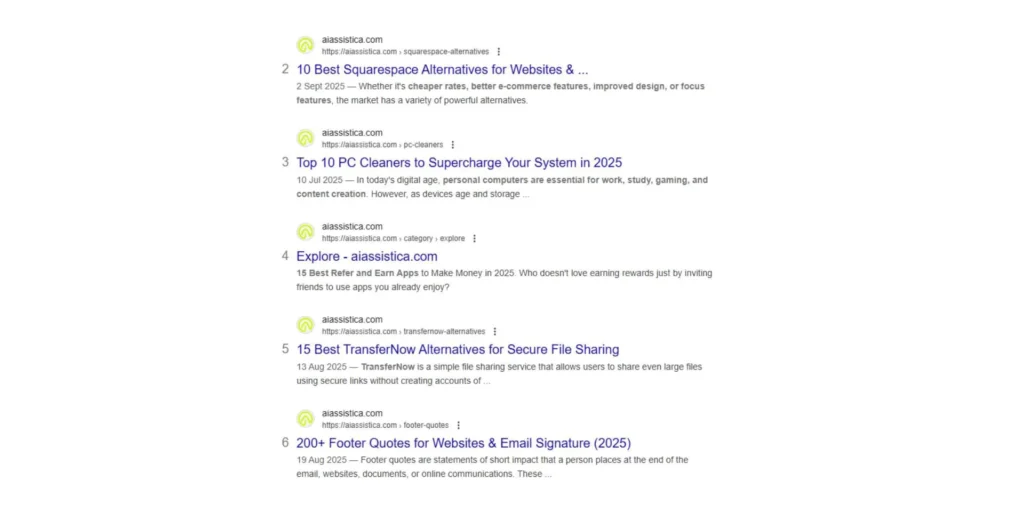
The brief text (approximately 155 characters) which appears below your title in search results is called the meta description. This is your opportunity to make someone visit your link. Write an effective summary of your article. It must be engaging and must tell the reader what he will know. Insert your key word here also.
Suppose your article is about 10 Healthy Breakfast Ideas.
Bad Meta Description (not optimized):
- “This article is about food and breakfast options you can try at home.”
- → Too plain, not engaging, doesn’t use keywords effectively.
Good Meta Description (optimized):
- “Discover 10 healthy breakfast ideas packed with nutrients to boost your energy and keep you full all morning. Start your day the right way!”
- → Clear, keyword included (“healthy breakfast ideas”), under 155 characters, and engaging.
Use Headings Strategically
Nobody would enjoy reading a massive wall of text. You divide your content into smaller and manageable parts by use of headings and subheadings (such as H1, H2, H3 in web design). They serve as road signs to the reader of your article. They also simplify the process of scanning the content by people to locate the information they need. Clear headings are used to explain what each section entails.
Suppose you’re writing an article on How to Save Money for Travel.
Instead of writing one long block of text, you can structure it with headings:
H1 (Main Title): How to Save Money for Travel
H2: Create a Realistic Budget
- H3: Track Your Monthly Expenses
- H3: Cut Down on Unnecessary Spending
H2: Find Extra Sources of Income
- H3: Freelancing and Side Jobs
- H3: Selling Unused Items Online
H2: Save Smart While Traveling
- H3: Choose Budget-Friendly Destinations
H3: Use Travel Reward Programs
From this eader can quickly scan the headings, understand what each section covers, and jump to the part that interests them most.
Add Keywords in the Content Organically.
The term is a keyword which is the word or phrase that one types in a search engine. That is your key word in case you are writing an article on the topic of how to fix a leaky faucet. You must incorporate your keyword in your title, headings and in your text. However, it is very necessary to do it in a natural manner. Do not make the keyword fit in all sentences.
- Prioritize Intent Over Density – Focus on what the searcher wants, not how many times the keyword appears.
- Use Long-Tail & Variations – Sprinkle in natural alternatives and synonyms (e.g., “affordable SEO tools,” “budget-friendly SEO software”).
- Front-Load Important Keywords – Mention your primary keyword early in titles, intros, and subheadings.
- Leverage Natural Phrasing – Place keywords in questions or conversational sentences (great for voice search).
- Integrate Into CTAs – Example: “Try these healthy breakfast ideas to fuel your mornings.”
- Support With Contextual Keywords – Use related terms (LSI) to help Google understand topical relevance.
- Spread Placement Evenly – Don’t cluster all keywords in one section; distribute across the content.
Use Internal and External Links
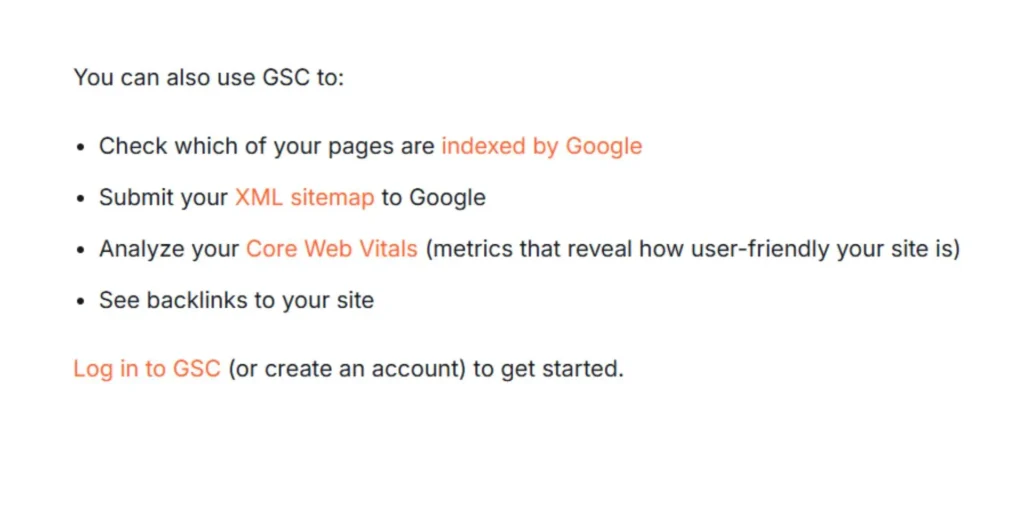
Web writing is good and has links.
Internal links refer to the other pages on your website. This assists the readers to learn more about you and also retain them in your site.
- Use Descriptive Anchor Text – Instead of “click here”, use “SEO keyword research guide” to give context.
- Link Deep, Not Just the Homepage – Send users to relevant subpages, blogs, or product pages.
- Keep Anchor Text Natural – Don’t force exact-match keywords every time; mix branded, partial-match, and generic anchors.
- Context Matters – Place links within related content, not randomly in the article.
- Balance Quantity – Use enough to guide users and bots, but avoid overwhelming with too many links.
Outgoing links are directed to other sites that are reputable. This indicates that you have conducted research and offers more materials to your readers. Associating with reputable sources is also a way of enhancing your credibility.
- Link to Authoritative Sources – Cite trusted sites (.gov, .edu, industry leaders) to boost credibility.
- Open in New Tabs – Keep users on your site while letting them explore references.
- Use Relevant Anchor Text – Describe what the reader will see if they click (e.g., “Google’s SEO Starter Guide”).
- Avoid Over-Linking to Competitors – If needed, use nofollow for links you don’t want passing authority.
- Audit Regularly – Check for broken links and update to maintain trustworthiness.
Content to Structure Ratio.
Individuals do not read on the screen in the same way as they read on paper. They tend to scan. You can make your writing simple to read in the internet by following these tips:
- Short paragraphs: You should not have more than 2-4 sentences in your paragraphs.
- Use lists: Use bullet or numbered list to display information in an easily understandable way.
- Use bold text: Bold text should be used to emphasize on important words or phrases.
- White space: Use lots of white space around your text. It will reduce the visual congestion of the page and make it more eye-friendly.
Optimize Images & Alt Text
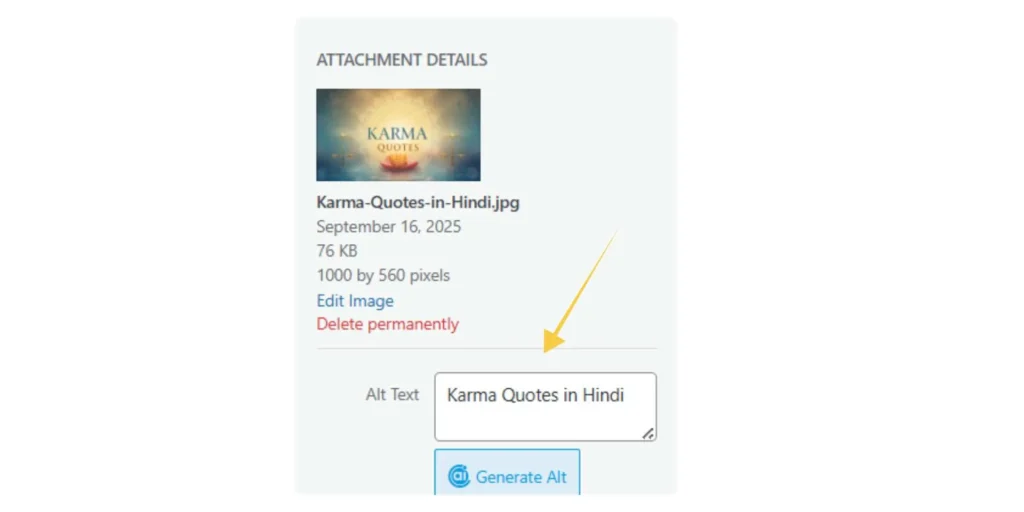
Photos render your material more aesthetic and assist in breaking the text. Ensure that your pictures are pertinent to your text. There should also be alt text in each image. The short written description of the image is known as alt text. It assists visually impaired readers who make use of the screen readers and it also assists the search engines to know what the image is all about.
- Use Descriptive, Keyword-Rich File Names – Example: healthy-breakfast-smoothie.jpg instead of IMG_1234.jpg.
- Write Clear, Concise Alt Text – Describe the image naturally and include your keyword (8–12 words).
- Compress Images for Faster Loading – Use WebP or compression tools to improve page speed.
Add FAQs Section (Schema-Friendly)
A section at the end of your article titled FAQ (Frequently Asked Questions) is a terrific way to get the answers to the questions that your readers may have. This is value added and it can assist in SEO. Properly formatted FAQs may appear in search results (so-called schema markup) and thus may be more visible.
- Use Real User Questions – Target questions your audience actually searches for. Tools like Google’s “People also ask” or AnswerThePublic help.
- Answer Concisely and Clearly – Keep each answer 40–60 words for readability and snippet potential.
- Include Keywords Naturally – Sprinkle primary and secondary keywords in questions and answers without stuffing.
- Use Structured Data (FAQ Schema) – Implement FAQ schema so Google can display your Q&A in rich snippets.
- Organize by Relevance – Group related questions together and order by importance or search volume.
- Update Regularly – Refresh answers with new information to maintain authority and accuracy.
Optimize URL and Slug
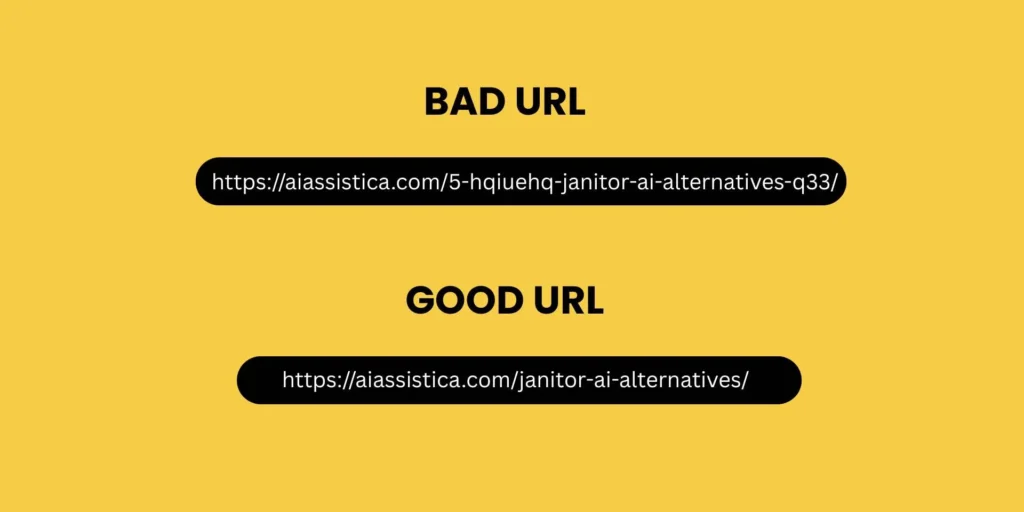
The URL is the internet address of your page. The section of the URL that follows the.com or.org is referred to as the slug. A good slug is not too long, descriptive, and has your primary keyword.
- Good slug: www.example.com/how-to-become-a-writer.com
- Bad Slug: www.example.com/p=123
An easy to understand descriptive URL is more acceptable to both people and search engines.
Include a Call-to-Action (CTA)
Give your readers a final instruction at the end of your article as to what you would like them to do. This is your Call-to-Action. Would you like them to comment, post on social media, subscribe to your newsletter or read a different article? An obvious CTA makes the reader take action and meet your writing objectives.
- Keep it short and descriptive.
- Use hyphens to separate words.
- Avoid stop words like “and,” “the,” “of” unless necessary.
- Include primary keywords naturally.
Step 3: Read Regularly and Analyze Writing
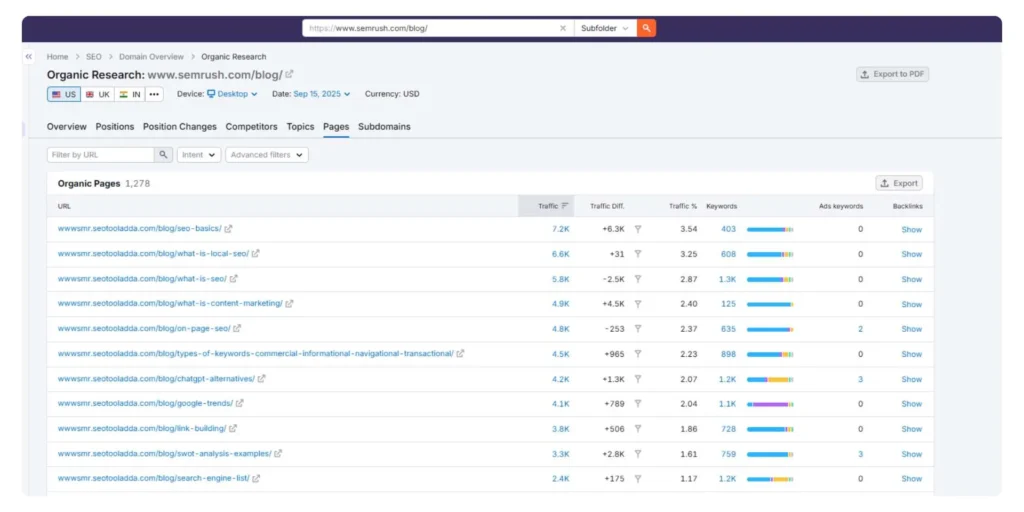
Being a better writer is also best achieved by being a better reader. Through reading, you get exposed to new ideas, different ways of writing, and the broadening of vocabulary. But don’t just read for fun. Read like a writer.
- When you read something that you like, pause and ask yourself the reason why.
- What is so interesting about the introduction?
- What makes the author explain a complicated concept in so simple a manner?
- Observation of the sentence structure. Do the sentences contain long or short sentences? What is the way the author provides a rhythm?
- Look at their word choices. Did they say a particular word that brought a powerful image in your mind?
Read as many different materials as possible. Read books, news articles, blog posts, magazines and even well written advertisements. Reading across genres and authors will expand your mind and provide you with new writing tools in your writing toolkit. You learn to do certain things when you read how other authors construct their arguments, narrate their stories and reach their audience.
Step 4: Practice Writing Every Day
Writing is a muscle. The more you apply it the stronger it becomes. You cannot become a great writer by simply reading about it. You have to write and you have to do it regularly.
Their rule would be to write every day, even 15-20 minutes or so. You do not need to create any masterpiece all the time. The idea is to ensure that you make writing a habit. The following are some of the concepts to use in day-to-day practice:
- Journal: describe your day, the things you thought about or the way you felt. It is your personal place where you can write without any form of pressure.
- Write a brief blog: Choose a subject in which you are enthusiastic and write several hundred words on the subject.
- Write about what happens around you: Turn around and write about something or a scene that you see. It is an excellent practice in description.
- Free writing: Use a timer and write for 10 minutes. There is no need to worry about grammar, spelling or meaning. The point is to simply get your mind out onto the paper.
The more you write the more you will be at ease with the process. You will make a voice and a style of your own. When you are practicing, consistency is more significant than quality. Just show up and write.
Step 5: Seek Feedback and Edit Thoroughly
The process of writing is refined, and understanding how to become a better writer shows that you will never truly write your final draft. The magic actually occurs in the editing. Once you are done writing, leave your work and take a break. It may be as few as a few hours or even a day. Once you have new eyes, you will be able to see the mistakes and areas to improve more easily.
- Read your writing aloud: This is among the most effective methods of identifying clumsy wording and sentences that are not very fluent. When it sounds funny when you say it, it will sound funny when somebody reads it.
- It is also important to seek the feedback of others: We tend to be blind with our errors. Ask a friend, a family member or a colleague to read your work. Ask them to be honest. Have they gotten your general idea? Was any part confusing? Was it engaging?
- Be open to criticism: Feedback is a present which assists you to develop. Don’t get defensive. Rather, attempt to see the opinion of the reader. You do not need to take all the recommendations, but to hear how your writing is perceived by other people is priceless. Once you have received feedback, rewrite. Revising and editing may make a good piece of writing into a great piece of writing.
Writing for Work / Professional Writing
Good writing principles are applicable in all places, yet they are particularly significant in the workplace. On the job, the writing directly influences your efficiency and your image.
Clarity and conciseness are the most important aspects of professional writing. People at work are busy. They do not even have time to read long and rambling emails or reports. It is important that you have a message to convey in the shortest time possible.
Emails that contain 6-8 sentences perform the most successfully: approximately 42.67% open rate, approximately 6.9% reply rate. Short messages of less than 200 words are better than the longer messages.
- Emails: Have a clear and precise subject. In the middle of the email, be to the point. Make the information digestible by use of short paragraphs and bullet points. Conclude with a definite call of action in case you require the recipient to act. Never send an email without proofreading it.
- Reports and Memos: Organize your paper rationally. Make use of headings, sections and introduction and conclusion. Present your greatest findings or recommendations at the beginning. Be simple and straight forward. Do not use jargon unless you are sure that your audience is going to understand it.
- Presentation: The text of your slides must be simple. Do not use complete paragraphs, use key phrases and bullet points. The reason why you have your slides is to complement what you are saying, and not to read it like a book.
In any professional writing, one should use a respectful and professional tone. Although you may be addressing someone in the workplace that you are well acquainted with, it is a good habit to maintain professionalism in communication.
Use Writing Tools and Resources
Although good writing is based on practice and understanding, there are numerous tools that can assist you during the process. These tools may serve as a kind of assistant, indicating the errors and providing recommendations.
- Grammar and Spell Checkers: Applications such as Grammarly or the inbuilt ones in the Microsoft Word and Google Docs are necessary. They will be able to detect typing mistakes, spelling mistakes, and general grammatical errors. A lot of these tools also provide hints on the sentence structure and clarity.
- Thesaurus: Thesaurus may assist you to locate the appropriate word. When you realize that you are repeating the same word, a thesaurus will help you get synonyms to your words to make your writing interesting. There are online versions such as Thesaurus.com which are simple to use.
- Readability Tools: Writing programs, such as the Hemingway App, are programs that evaluate your writing in terms of clarity. They emphasize long sentences, passive voice, and complicated words. This can assist you in making your writing simple and easy to read and comprehend by your audience.
- Headline Analyzers: In case you are a blogger, you can use such tools as Headline Analyzer by CoSchedule to create more effective headlines. They rate your headline in terms of effectiveness in attracting attention, and spurring interest.
Keep in mind these are only aids and not substitutes to your judgment. They are not always right or can give you some suggestions that do not match your intended tone. Take them as a reference to make your work better, but never make the final choice.
Conclusion
It does not happen overnight how to become a better writer. It is a process which takes time, practice and a desire to learn. It begins with knowing what you are and to whom you are addressing. It is constructed on a platform of perfecting the fundamentals, such as proper grammar and sentence construction. It becomes more powerful each time you read like an author and do your job every day. And it is refined with the help of editing and helpful criticism of others.
Don’t be afraid to start small. Do not strive to make your first draft perfect. Simply get down to expressing yourself in a proper and efficient manner. Each email that you write, each report that you write and each blog that you post is an occasion to rehearse and get better.
These steps in this guide are there to guide you on your path. With their help, you will be able to develop your confidence, discover your voice and become the effective writer you are. It is up to you to take the journey, and the very next word you write is the beginning of that journey.
FAQs
What do I need to do to begin writing daily?
Start small. Take a target of 10-15 minutes of writing daily. You may keep a journal, write about something you see or write about something you love. What is important is to make it a habit.
What is the best rule about writing?
The most crucial one is to write clearly. You should always ensure that your reader can easily comprehend what you are saying. Then you are on the right track when your writing is clear.
How do I find my writing style?
The writing style or voice is built with time and practice. Reading is very important: write a lot, and listen to what you feel like. Your individual character and worldview will begin to reflect itself in your world.
Is it okay to use simple words?
Yes, absolutely! It is an indication of a good writer to use simple and clear words. You are not there to impress people with big words, you are there to communicate.
